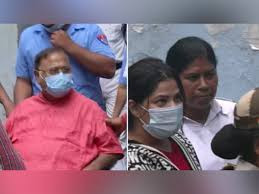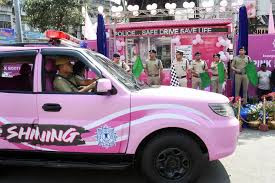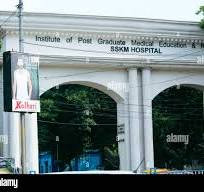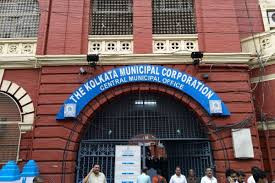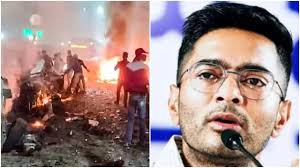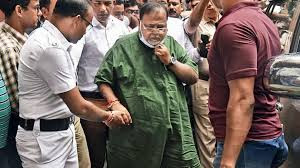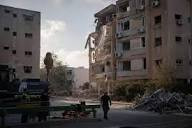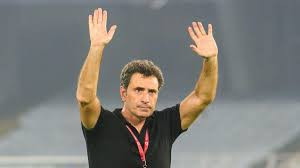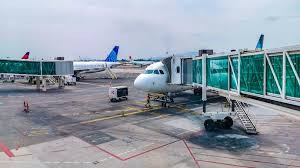“‘No more, enough’: Calcutta High Court Rejects BJP Plea for Weekday Rally, Directs Public-interest Route”
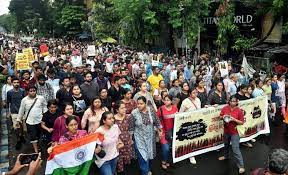
IIE DIGITAL DESK : The Calcutta High Court on Monday turned down an urgent single-bench plea seeking permission for a BJP rally outside the Shiv Mandir in Taratala on a working day, its terse reaction underlining a clear reluctance to repeatedly entertain applications for political gatherings that disrupt civic life.
When Advocate Mayukh Mukherjee asked Justice Tirthankar Ghosh for permission for a meeting from 4pm to 7pm, the judge interrupted with a blunt refrain — “No more, enough, no more, I will not allow it” — and advised the petitioner to move the matter before a division bench or file a public interest litigation, stressing that questions of rallies on public roads implicate wider public interest and cannot be treated as routine single-bench petitions.
The court’s reaction came against the backdrop of rising street demonstrations in the city, including a large Nabanna march the previous Saturday that ended in clashes between police and protesters and left several people injured. That recent turmoil was explicitly referenced in court when framing the issue as one that carries the potential for public disorder and therefore demands a fuller judicial forum to adjudicate.
Senior counsel who appeared sought clarification and urged the matter be taken up by Justice Ghosh himself as it related to his determination, but the judge maintained that he would not entertain further single-bench petitions on such matters. The division bench later told a senior advocate to convey that rally issues fall within its jurisdiction, and the single bench scheduled a hearing for August 13 after the petitioner indicated August 14 as an alternative date for the proposed meeting.
By directing political parties to approach the division bench or frame the issue as a PIL, the court signalled a preference for resolving recurring public-order disputes through a more deliberative process rather than ad hoc permissions that risk normalizing weekday rallies on busy city streets. Observers interpret the ruling as the judiciary’s attempt to balance the constitutional right to protest with the need to protect everyday civic functions and public safety.
The episode underscores how Kolkata’s public space increasingly figures in partisan contestation and how the courts are being asked to mediate competing claims — between political mobilization and urban governance — even as they push parties toward institutional channels better suited to address broad public interest concerns.
You might also like!



